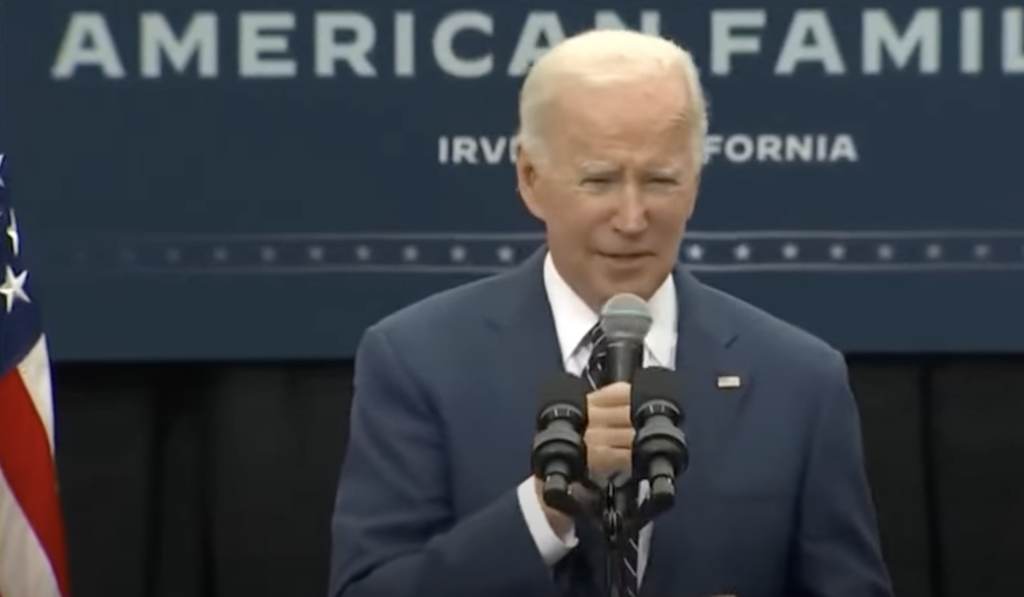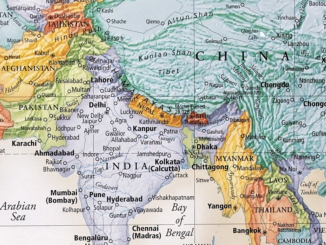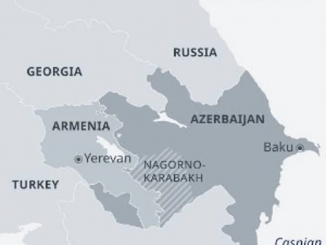
Addressing a Congressional Campaign Committee Reception on Oct 13, 2022, President
Biden highlighted some of the global challenges that his administration is dealing with.
Amongst these, he categorized nuclear Pakistan as “one of the most dangerous nations in
the world” and “without any cohesion.” He also stated that no one could have thought of a
situation “where China is trying to figure out its role relative to Russia and relative to India
and relative to Pakistan.”
While the remarks about China did not attract much attention within Pakistan, although the
US may be alluding to the possibility of China recalibrating its regional strategy towards its
immediate neighbours, the unwarranted insinuation terming a ‘nuclear Pakistan as one of
the most dangerous nations’ created significant uproar in the media and within the official
circles. Some of these reactions are sharp and seem to have been made without
understanding the actual context.
In response to Biden’s remarks, PM Sharif tweeted that “Pakistan is a responsible nuclear
state and we are proud that our nuclear assets have the best safeguards as per IAEA
requirements…”. Earlier, at a press conference, Foreign Minister Bilawal stated that the
government has summoned the US Ambassador in Islamabad and that as far as “the
question of safety and security of Pakistan’s nuclear assets is concerned, the country meets
each and every international standard in accordance with International Atomic Energy
Agency’s (IAEA) regulations.”
All of these assertions from the government representatives about the nuclear program are
true and must be reinforced since Pakistan has a proven and impeccable safety and security
record as compared to some of the other regional nuclear-capable states. However, the
caveat over here is that Biden was not questioning the security of nuclear weapons, and
therefore, there was no need to assert Pakistan’s nuclear security credentials without
anyone having challenged it. Biden’s statement was focused on the lack of political cohesion
in a nuclear-capable country and should have been responded to in the same vein without
any reference to nuclear security.
The reference to the IAEA by the Prime Minister and the Foreign Minister, who are also the
Chairman and Deputy Chairman of Pakistan’s National Command Authority (NCA) was also
out of context since the UN nuclear watchdog only deals with the civilian-safeguarded
nuclear programs of the member countries and has no jurisdiction over the nuclear
weapons programs.
Biden’s remarks at a fundraiser, nevertheless, were unwarranted and negates the
impression that the US administration is serious about resetting the bilateral relations.
Similarly, the emotional response from the Pakistani side, forcefully asserting nuclear
security credentials while criticizing India and others for their lax nuclear security standards,
was misplaced over here and could have been left for another occasion. The narrative built
by the Pakistani leadership as a reaction to Biden’s statement could trigger an unnecessary
debate and provide further fuel to the critics of Pakistan’s nuclear program.
President Biden’s 19 minutes speech was delivered at a fundraiser and was focused on his
administration’s achievements in health care and other measures taken for the betterment
of the American people. This speech was not a foreign policy statement, but mentioning
Pakistan twice, which was otherwise missing from the recently launched US National
Security Strategy was unusual, and does indicate the prevalent perception within the US
administration.
There is also a possibility that the comments could have been choreographed to please the
potential donors, the majority of whom are of Indian origin and have an overbearing
influence on the US policy-making process. These interest groups play a critical role in
shaping the regional and global narratives and have used such statements in the past to
malign Pakistan and project India as a responsible nuclear power.
The narrative emanating from Washington and other influential global think tanks during
the past crises is reflective of these trends. When India fired its Brahmos cruise missile
inside Pakistan territory earlier this year and claimed it as an accidental launch there was no
reaction from the US or any other major powers. Similarly, no concerns were raised by any
of the major nuclear powers when India brandished its nuclear weapons during the Balakot
crisis and Prime Minister Modi threatened Pakistan by using phrases like the ‘Night of
Murder’. Had Pakistan not responded with caution and prudence, the region could have
been pushed towards instability.
Pakistan has been a long-standing ally and has contributed significantly to promoting US
interests in its immediate neighbourhood and beyond. Had Pakistan not embroiled itself in
the US-led war against the former Soviet Union and subsequently in the global war on
terror, it would have been in a relatively better position. The apparent ‘incoherence’ that
President Biden was probably alluding to is not of Pakistan’s own making and is a result of
fighting wars that mainly served the US interests. However, when it comes to Pakistan’s
national security, the recent bipartisan support by all segments of the society should be a
good lesson that the nation stands ‘coherent’ and is alive to external threats.
The writer is Islamabad based and teaches strategic studies.




Dr Adil. You made a very good point. Crying on each tweet/ speech is not a good strategy. Sometimes you need to keep quiet for better diplomacy. Differentiating defence activities from civilian use should also be very clear in the minds at national level.